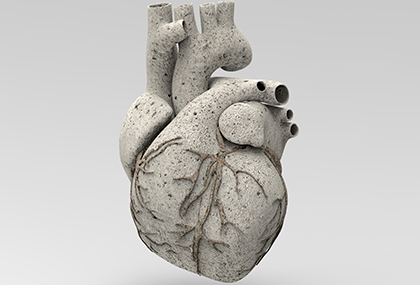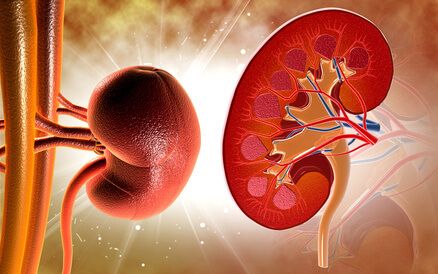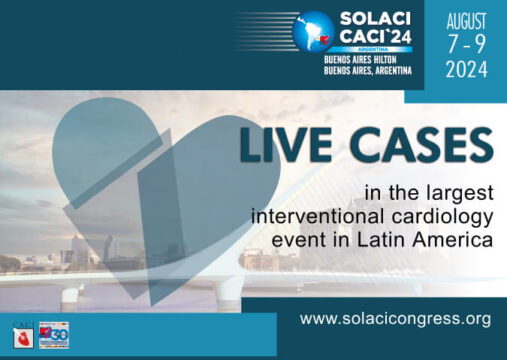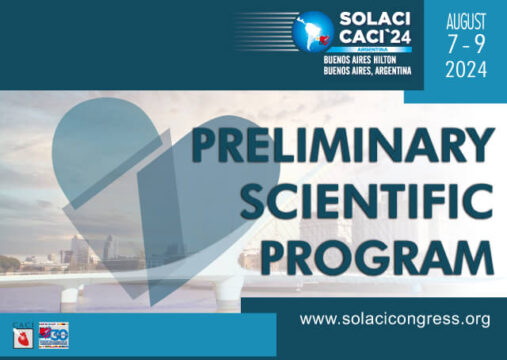People on low carb diets since a young age present increased risk of coronary artery calcium progression, particularly when carbs are replaced by animal protein and fat.

This study included CARDIA participants (Coronary Artery Risk Development in Young Adults) receiving a CT scan between the years 2000 and 2001 for calcium scoring, who also completed a questionnaire of food intake.
Calcium progression was defined as any calcification seen in participants with 0 calcification, a 10-point annual increase in participants who had between 0 and 100, or a ≥10% increase in participants with ≥ 100 calcification at baseline.
This innovative study published in Arterioscler Thromb Vasc Biol included 2226 participants of mean 40.4 years. Mean carbohydrate consumption was 47.8% of the total daily calory intake.
After a 8.3 year followup, 26.5% of the population met the progression criterion.
Read also: AHA 2020 | Post-TAVR Anticoagulation in Patients with Atrial Fibrillation.
After multiple adjustments for traditional risk factors, there was an inverse correlation between carb percentage in the daily calory intake and risk of coronary artery calcification (HR 0.731, CI 95% 0.552 to 0.968; p=0.029).
In other words, the fewer the carbs, the greater the calcification.
However, we should point out that calcium progression was observed when carbs were replaced with animal protein or fat. When replaced with plants, no such progression was found.
Conclusion
Low carb diets started at young age are associated with increased risk of coronary artery calcium progression. This is particularly true when those calories are replaced with animal protein or fat.
Original Title: Low-Carbohydrate Diet Score and Coronary Artery Calcium Progression. Results From the CARDIA Study.
Reference: Jing-Wei Gao et al. Arterioscler Thromb Vasc Biol. 2020;40:00–00. DOI: 10.1161/ATVBAHA.120.314838.
Subscribe to our weekly newsletter
Get the latest scientific articles on interventional cardiology





